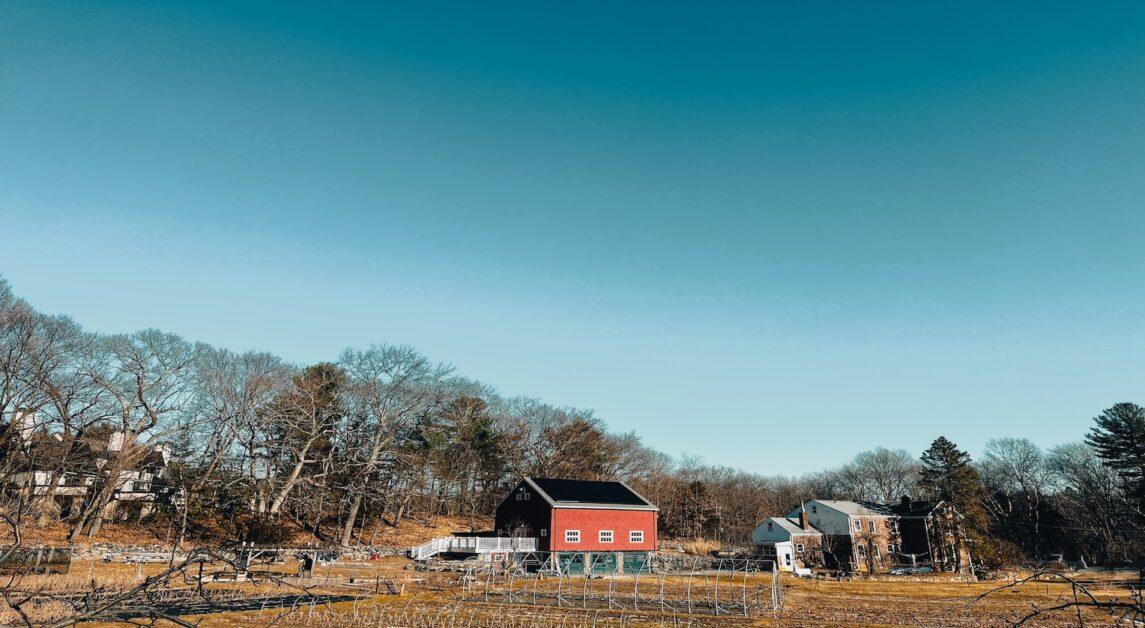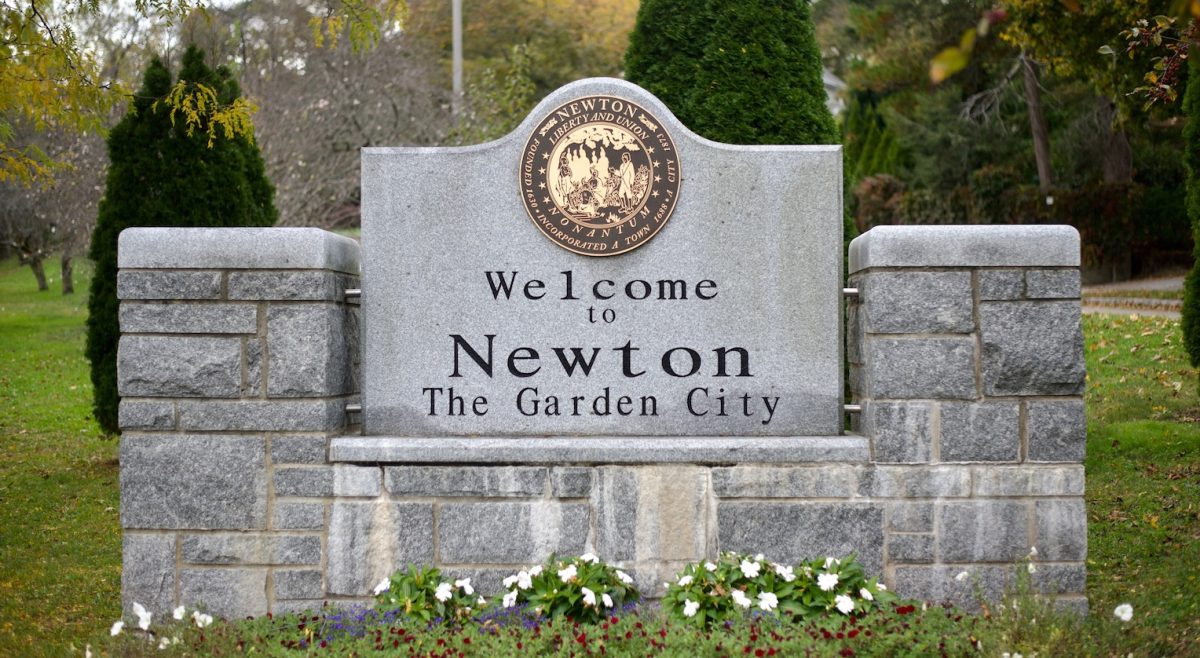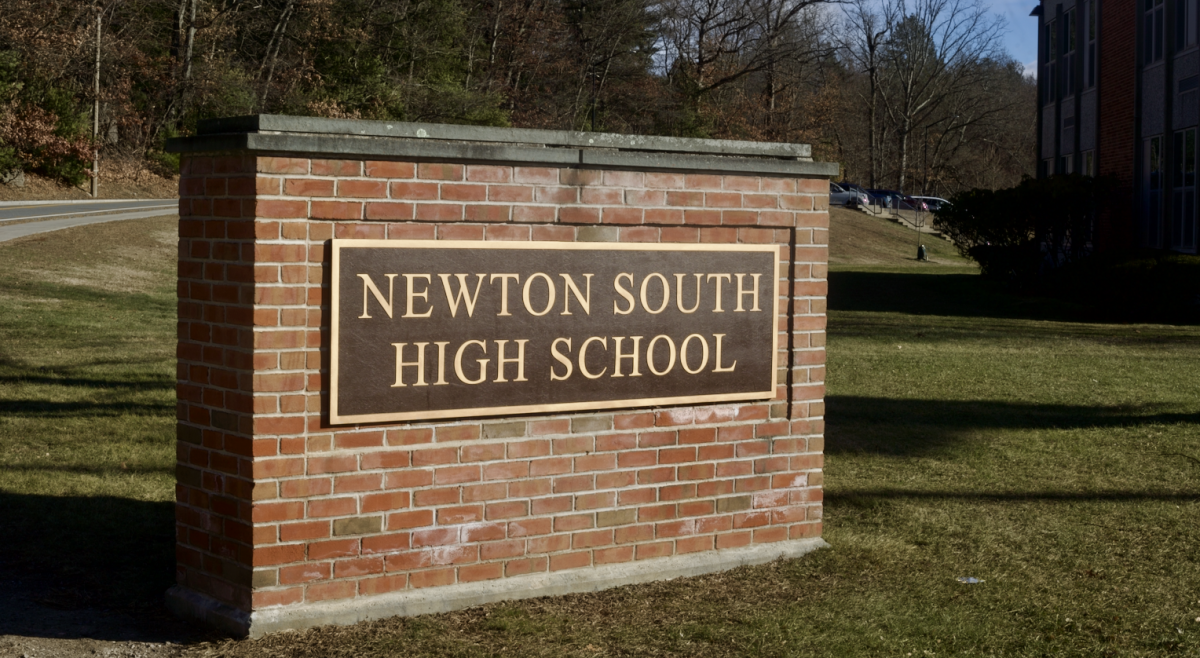After years of work, the Newton Community Farm’s (NCF) solar panel project is slated for a grand reveal as part of an open house and ribbon-cutting ceremony on May 6, 2023, marking an important milestone in the farm’s broader goals of sustainability.
“It’s always been a goal from the start of the farm to have it be as sustainable as possible,” Sue Bottino, executive director of NCF, said. “And part of that was you know, considering having solar panels on the roof of the barn. The barn is super visible from the road. It’s perfectly oriented for maximum sun exposure.”
Solar panels will provide 99 percent of the electricity needed for the agricultural operations of the farm, according to Bottino. The farm is also planning new programming and educational outreach regarding renewable energy, adding to its existing curriculum on sustainability, agriculture, and climate change, she said.
“We want to be a model,” Bottino said. “We want people to come and ask questions and see what we do. We try to connect people with resources that they can use so that they can, you know, more easily, maybe put solar panels on their own house or their own farm or their business or speak to people in other cities about having more municipal buildings run on solar.”
The solar power transition initiative began nearly a decade ago, according to Dede Vittori, co-president of the board of NCF. Longtime supporters and members of the board Sam Fogel and Margaret Fogel first proposed the idea to provide the farm with an affordable, environmentally friendly energy source, Vittori said.
“Sam and Margaret did a whole bunch of analysis to look at the viability of solar on the barn and on the farmhouse and just on the farm in general,” she said. “And they did a lot of work to show that it was possible and show that it would be cost effective.”
The next step in the project was to find funding, according to Bottino.
The Climate Smart Agriculture Program (CSAP) grant offered by the Massachusetts Department of Agricultural Resources presented an opportunity, she said. The CSAP grant provided support on two fronts: obtaining equipment to help boost sustainability and labor efficiency and supporting projects to boost resilience to climate change, according to Bottino.
Once the grant was awarded to Newton in October 2021, the NCF worked closely with members of the city’s climate and sustainability team, the Farm Commission, and contractors to implement the solar power transition plan, Vittori said.The work has paid off, she said.
“We’re in a really visible spot,” Vittori said. “You know, we’re at this busy corner and we’re this little farm and people notice it because it’s just there and it’s sort of unusual. And now they see solar panels, and it’s a reminder of what’s possible to people out there so it’s, you know, it can be sort of a visually inspiring project.”
Alongside the solar panel installation, the NCF has pursued several other sustainability initiatives. The Newton Community Farm still desires to innovate in pursuit of its mission of sustainability, according to Bottino.
“We have, you know, sort of a threefold mission,” Bottino said. “We have farm operations where we grow 50,000 pounds of produce on less than two acres every year. In addition to growing produce, we also have a lot of opportunities for education and engagement for the community. And then the third part of our mission is that we preserve the open space and the culture of farming.”
The NCF continues to engage in its classic programs and practices, such as the annual seedling sale featuring 28,000 farm-grown seedlings this year, and the annual donations of produce to the food pantry and community fridge. It also plans to introduce new initiatives, Bottino said.
At the open house and ribbon-cutting ceremony in May, NCF will unveil a new greenhouse, Vittori said. The greenhouse will provide new growing spaces and protection from weather conditions, allowing the farm to continue cultivating its crops beyond the growing season, she said.
In addition, the NCF is part of a state-wide food plan that focuses on regionally sourced supplies and climate resilience, according to Vittori. As part of this effort, the NCF’s farmer has received grants from federal agencies for farm equipment that help pilot new farming techniques.
The transition to solar power is just one example of addressing broader sustainability efforts, according to Bottino.
“We continue to look for ways to improve,” she said. “We’re hoping to get an electric vehicle at some point that we’ll be able to charge from the solar array so that we can add that to our transportation options. We’re a small farm and you know, we’re always looking for ways to improve so now that we have the solar panels and our electricity will be from those for the most part, you know, the world is our oyster. We can consider other ways to make use of that.”













